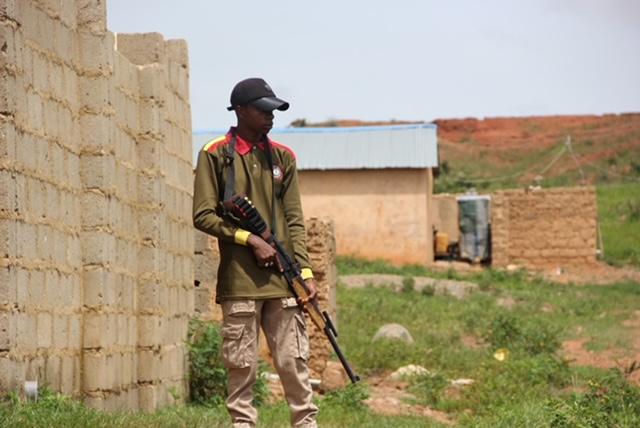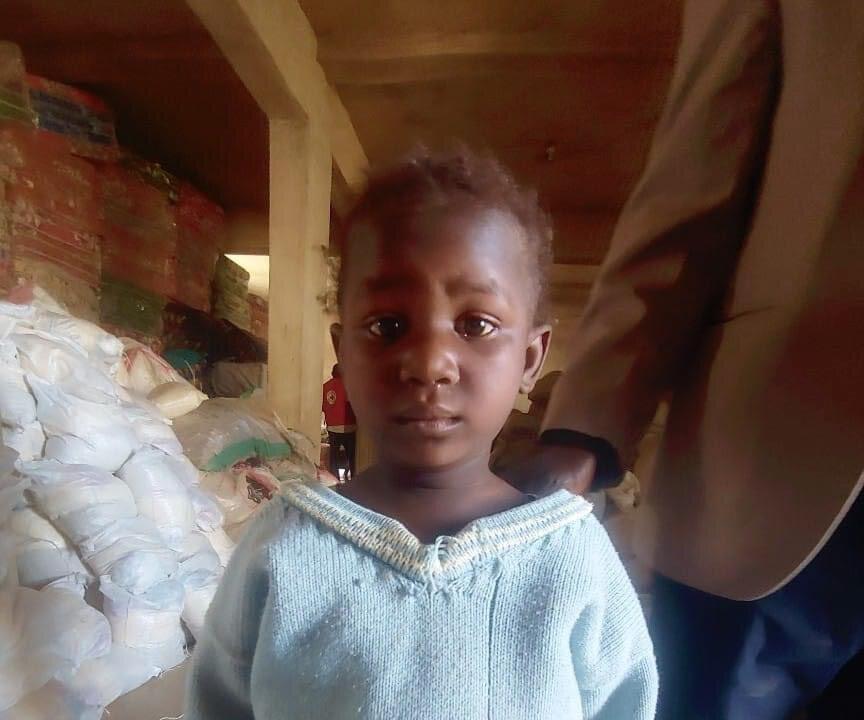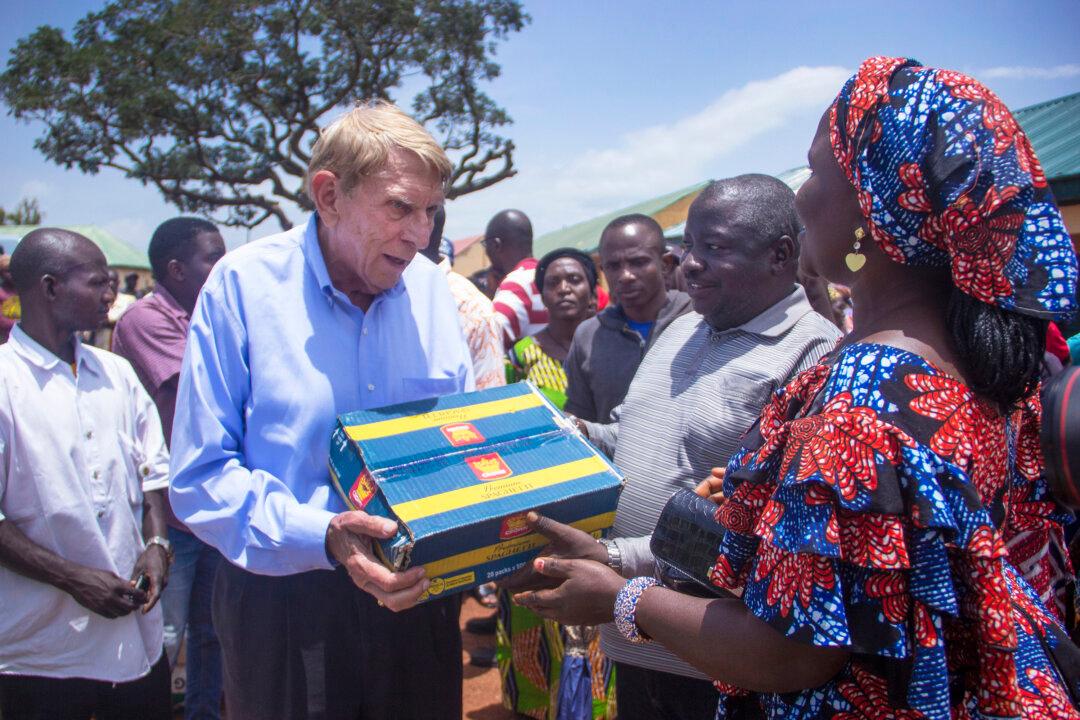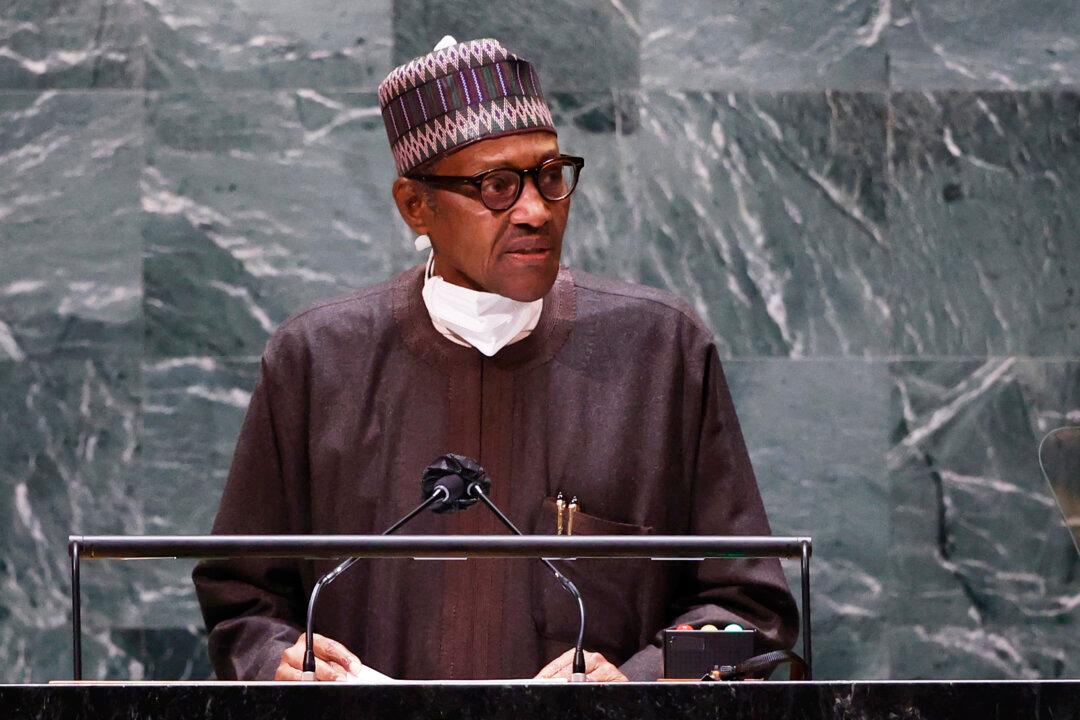JOS, Nigeria—U.S. officials in Nigeria have been criticized for ignoring a rash of armed attacks in central Benue state that have displaced thousands of local farmers and threatened U.S. citizens in the country.
The state is widely acclaimed as the “breadbasket” of Africa’s most populous nation.





